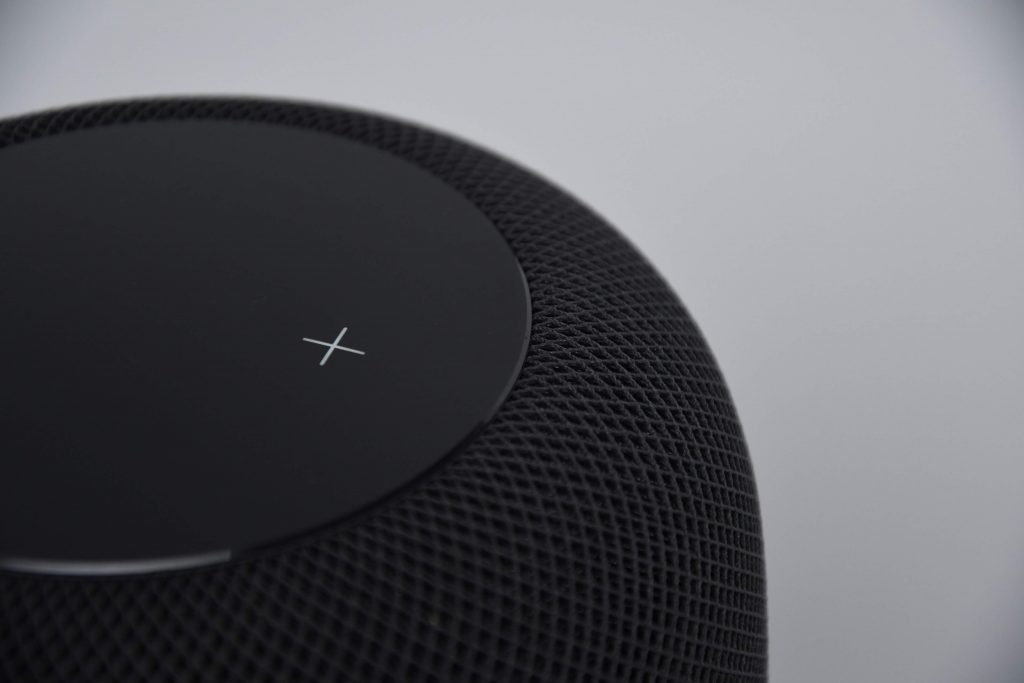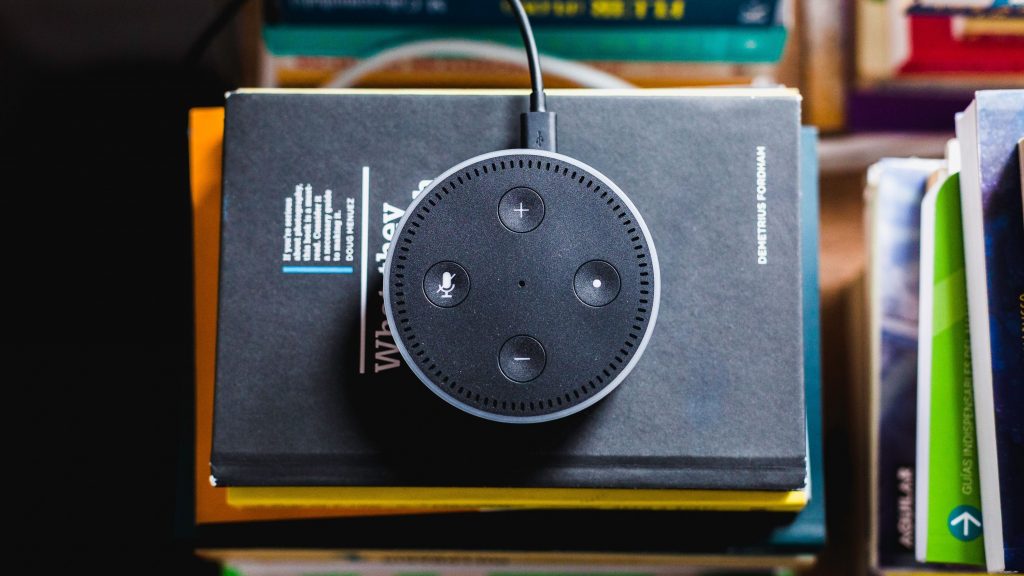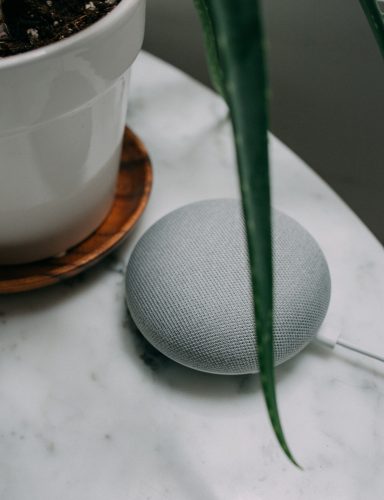VOICE ASSISTANT THE AI WE KNOW
“Artificial Intelligence.” A cultivated word for anything that’s remotely performed by a computer or machine with little input from a human. We have for some time lived with robots in our pockets, our homes and even on our desks, but the underlying technology emanated long ago.
From using Siri, Alexa, Google Assistant, Bixby and for the love of Microsoft, Cortana; Virtual Assistants have become a tangent in shaping how Artificial Intelligence and Machine Learning could work in our future and now. My question is, are we there yet?

Before the sequence of innovations and development in speech recognition, we had that futuristic “Sci-Fi” zeal of creating machines that would be superior to us.
From the early input of commands for a machine to speak back from Bell Labs in the 1930s to Carnegie Mellon’s leap making computers recognize speech in the 1970s, our journey in creating Artificial Intelligence has always centered on making computers understand human speech and routines. Whether it is using Google Assistant to search for an eatery nearby or using SIRI to remind you on a friend’s birthday, we are used to making tiny machines work out our daily routines seamlessly with no hustle.
AI breakdown
Computer scientists have been the pilots behind today’s global AI expeditions, constructing a set of rules for these computers to learn and creating an existence for creativity through Machine Learning. One of the profound concepts under AI that has got us to where we are today is Natural Language Processing (NLP), which depicts the adaptability of Artificial Intelligence in comprehending the complexities in human speech and language. Hence AI needs human data to be able to work efficiently and fairly.

Prof. Natalie Schluter, an Associate Professor in NLP and Data Science in IT at the University
of Copenhagen strikes an interesting argument on why companies like Apple, Amazon, and Google, need to include the right number of data from a diverse amount of people to ensure fair comprehension from different tones of speech and language.
There are two types of AI: Strong AI which elucidates the science fiction world of autonomous human-like AI making decisions on its own and Weak AI which is the one we have today which needs patterns of instructions to initiate tasks.
The story behind Virtual Assistants cannot go without mention of Apple’s SIRI. Hitherto, it is too early to say we would achieve a utopia with just one AI leading the robots HQ because we have diverse origin stories in how these AIs interact with us. Privacy for these companies can be seen as mining lucrative mineral in building their great AI.
The Virtual Assistants’ battle today is still within the Weak AI criterion. Although we have been promised robots and autonomous vehicles, there is a huge disparity in the dream and the reality. Companies in the AI battle are focused on Voice Assistants and their philosophies may have changed how we interact with each of them.
Google Assistant is in pretty much everything and due to the Internet of Things, we can connect with appliances in our homes. Other Virtual Assistants can also interact with various appliances like vacuum cleaners, washing machines, and even light bulbs. The term is “Smart Everything” and in the next five years, a lot of machines tagged with that jargon would be sold with almost every piece of tech.

ALEXA in the US is very popular due to Amazon’s huge influence in Online Retail. Google Assistant is ubiquitous across the globe largely due to its integration with the Android OS. Google announced that it’s expected to hit a billion devices in domination with its Assistant.
These success stories of AI in our world today does not mean there aren’t challenges. Looking at Apple, you could see that SIRI has lagged in the race although there is a moderate amount of hype from each of its improvements i.e. Shortcuts. Apple has always had complete control and closed doors on SIRI, and their stance on data and privacy can be major reasons for the over-promise and under-delivery in the performance of SIRI.
Google’s approach in data and privacy in creating an intuitive Assistant by collecting a scary amount of data from users causes a kerfuffle in the tech industry. Recently, news broke out about Google channelling recorded complex assistant commands to their human reviewers without the knowledge of users. Well, Classic Google, right?
Similarly, Amazon follows that route with owners of Alexa devices at risk of having their commands recorded as training data for improving Alexa. All the same, with this many concerns, the challenge with making smart AI that would understand humans is: “humans are pretty complex” therefore, the complexity in building a utopian Assitant should be expected.
Use Cases
During a few years of recent innovation in the Internet of Things, we have become used to replacing daily routines like laundry, switching devices on and off and manipulating dials with catchphrases. Heck, we now have cleaning autonomous vacuum machines such as iRobot’s Roomba and Eufy’s Robovac that clean your home while you are away. Autonomous vehicles are still in that development stage and huge data is flowing around.
Data and Privacy should be a concern but shouldn’t hinder the innovation and improvement for all AI. It is difficult to say where Voice Assistants would go from here. For me, I would say we have come a long way. In the next five to ten years, the next big thing in my opinion for AI will be physical AI (robots) with local integration of AI in our devices without Cloud
access.
What would be your future for AI?
If you had to choose which you want as your butler, which one you would go for? SIRI, Google Assistant, Alexa or Bixby? Share your thoughts below and also let me know what smart display or home device you own apart
from your smartphone.
“Hey ……”
Images from: Unsplash





